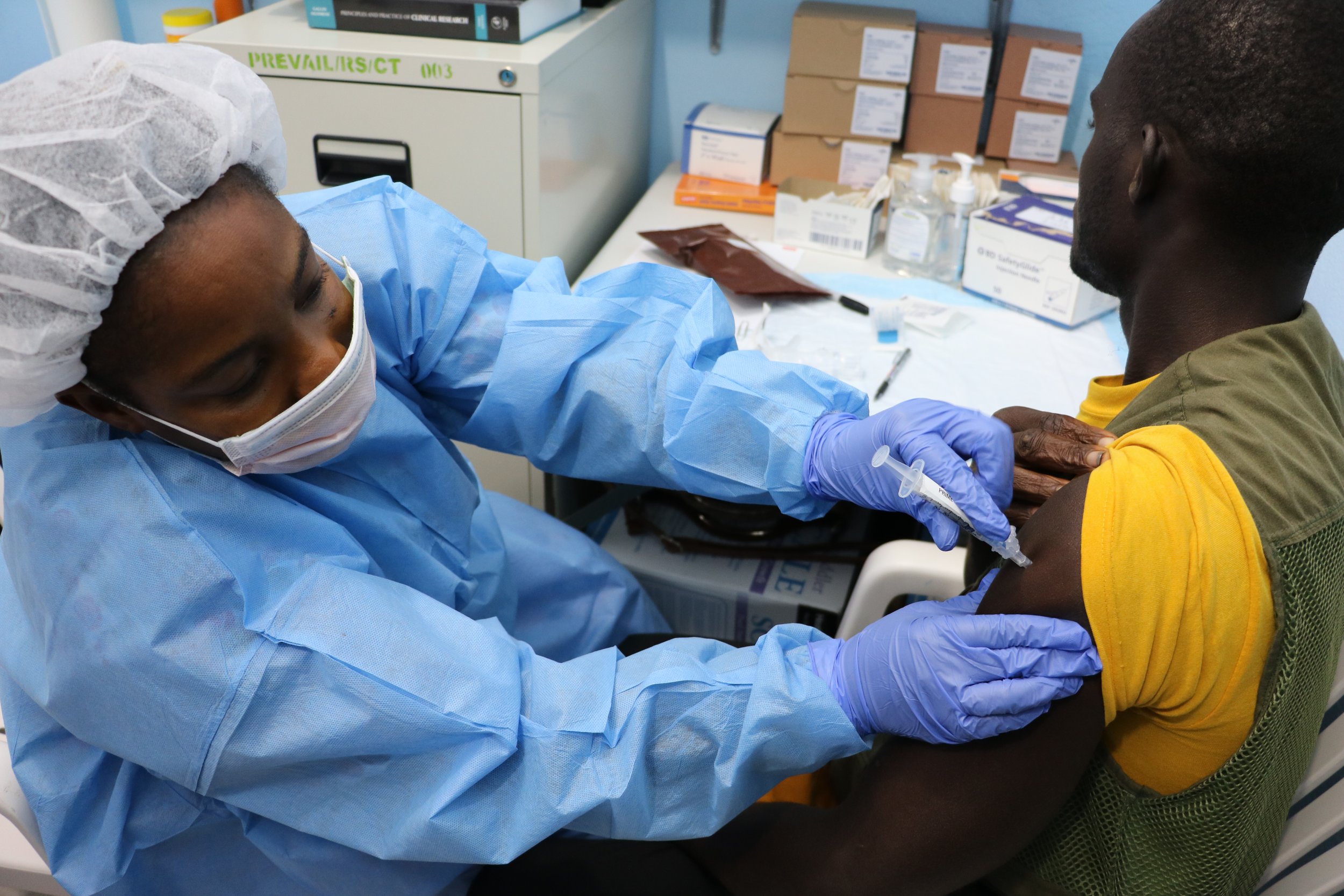Where Lies and Placebos Thrive in Global Health Systems
Many people believe in myths surrounding health, such as the idea that vaccinations are a means to reduce the human population or that the COVID-19 pandemic was a hoax. Unfortunately, these misconceptions are examples of health misinformation that can significantly impact our decision-making. Public distrust in healthcare systems is a global concern that affects everyone, regardless of whether they trust healthcare systems. The burden of this distrust is significant, including increased healthcare costs, poor health outcomes due to delayed or avoided medical care, and reduced effectiveness of public health interventions. I would like to tell you a story, an anecdote, to show this point.
On a beautiful Saturday morning, I was with a group of volunteers at one of the biggest markets in Ibadan, the largest city in West Africa by land mass. Our aim was to enlighten the public about COVID-19 prevention and the benefits of vaccines. During the outreach, I met a middle-aged man who said he had not been vaccinated and did not plan to be. Upon further discussion, he gave some worrying reasons, including Pfizer’s 1996 drug trials in Northern Nigeria, the inequity in the country’s healthcare systems, and a series of myths he heard from his friends, local radio stations, and social media platforms. I met several other people with similar reasons during the outreach.
After the outreach, I was surprised to learn that this is happening in several other countries around the world. I realized the extent of the public's distrust in healthcare systems. My objectives were far from being achieved. Since then, I have decided to empower members of the public with accurate health information. I inform people about where to get accurate health information and ways to verify it.
The story above details some of the reasons some members of the public distrust the healthcare system. These include:
Historical context: Distrust often results from historical events where healthcare systems have failed specific communities, leading to enduring distrust. Instances like Pfizer’s 1996 drug trials in Northern Nigeria and the Tuskegee Syphilis study in the US have left permanent scars in the minds of affected societies.
Misinformation and communication gaps: With the advent of social media, misinformation spreads rapidly, eroding trust in established medical institutions. Misleading narratives and unverified information contribute to vaccine hesitancy, alternative medicine reliance, and distrust of established medical advice.
Systemic flaws and inequities: Disparities in healthcare services' access, quality, and affordability deepen distrust. When marginalized groups face barriers to care or receive substandard treatment, this fosters distrust about the system's fairness and reliability.
Also, the story contains some of the roles of individuals and healthcare providers to strengthen trust in healthcare systems. As individuals, we should verify and share only accurate health information. Our health-related decisions should be made based on information from reliable sources. This is crucial and beneficial to our health and the healthcare system.
However, healthcare providers have the most work to do. Fostering transparency and accountability within healthcare systems is paramount. Healthcare stakeholders should prioritize clear communication about procedures, potential risks, and outcomes. Acknowledging past errors and establishing mechanisms for accountability are crucial steps to achieve these. By openly addressing mistakes and being accountable, the public will be more willing to trust healthcare providers, ultimately enhancing the quality of care provided.
Furthermore, improving communication channels is critical to building a healthier society. Healthcare providers need to bridge the gap in communication with communities through tailored and culturally sensitive information dissemination through trusted sources. This proactive approach helps combat misinformation and fosters a better understanding of healthcare practices, providing the members of the public avenues to practice informed decision-making and seek medical assistance when needed.
Global healthcare systems need to address healthcare inequities and promote health literacy. Efforts to bridge disparities and ensure equitable access must involve removing financial barriers, enhancing healthcare infrastructure in underserved areas, and tailoring services to diverse populations. Additionally, the global healthcare system should consider empowering public members with accurate health information through education, as this contributes significantly to informed decision-making, reduces reliance on unreliable sources, and promotes a healthier, more knowledgeable populace.
In conclusion, public distrust in healthcare systems is a pervasive issue that demands immediate attention. The outcomes of several healthcare interventions greatly depend on how they are welcomed by the public. Healthcare providers, individuals, and the global healthcare system must carry out the aforementioned actionable steps to address this issue. By rebuilding our trust in healthcare systems, these systems will serve us better and help foster a healthier, more resilient society.
